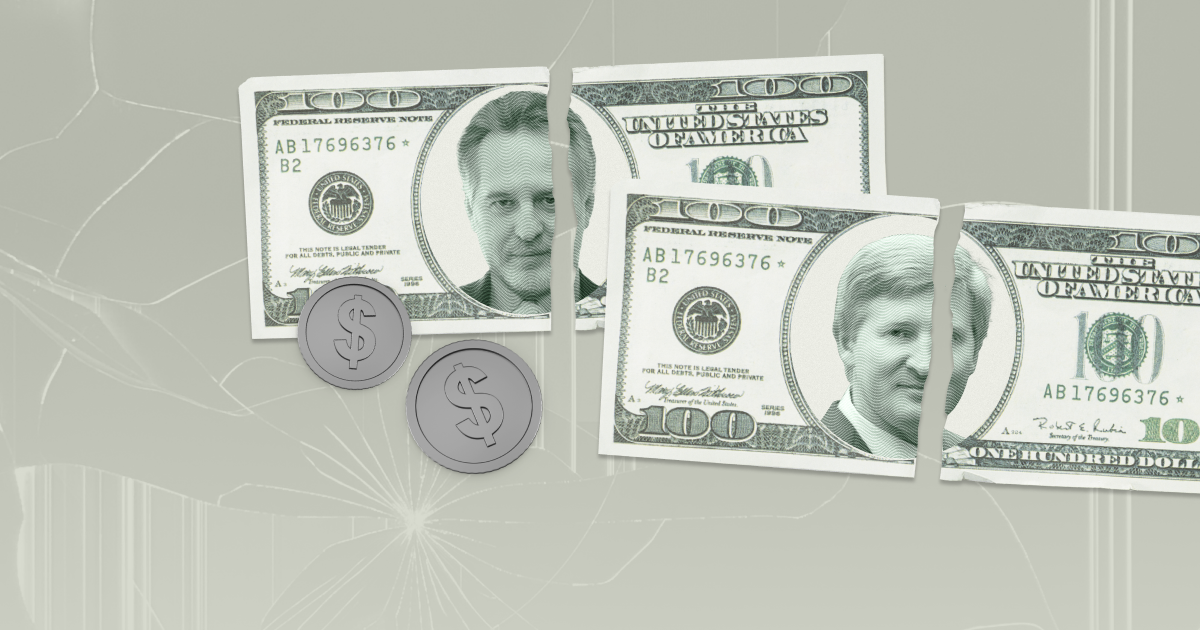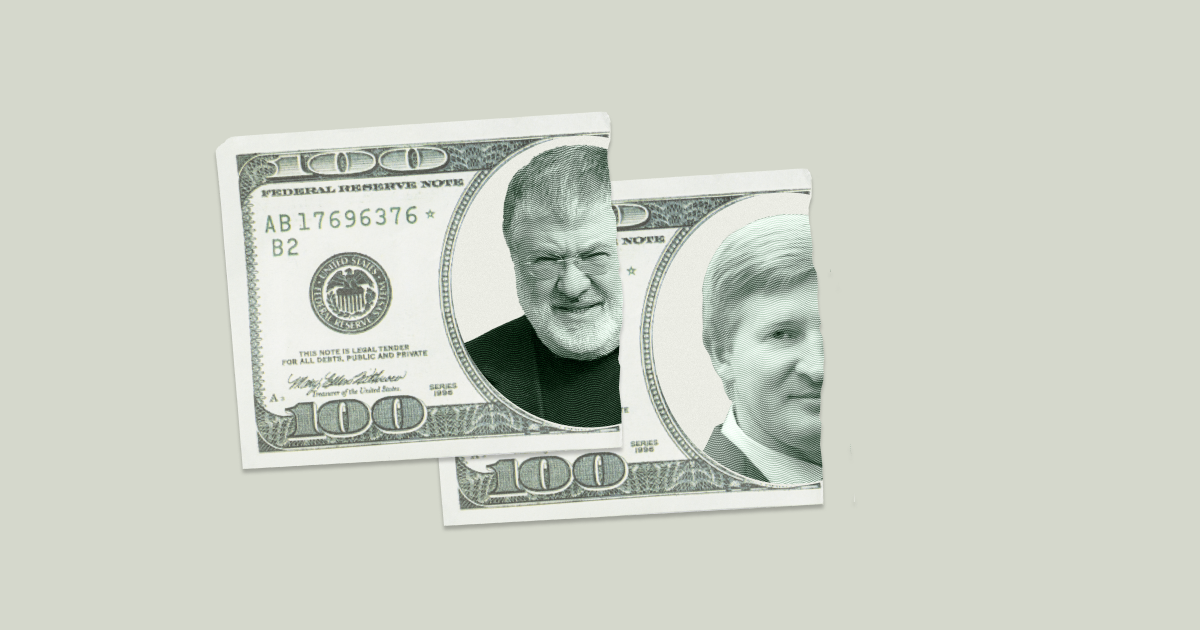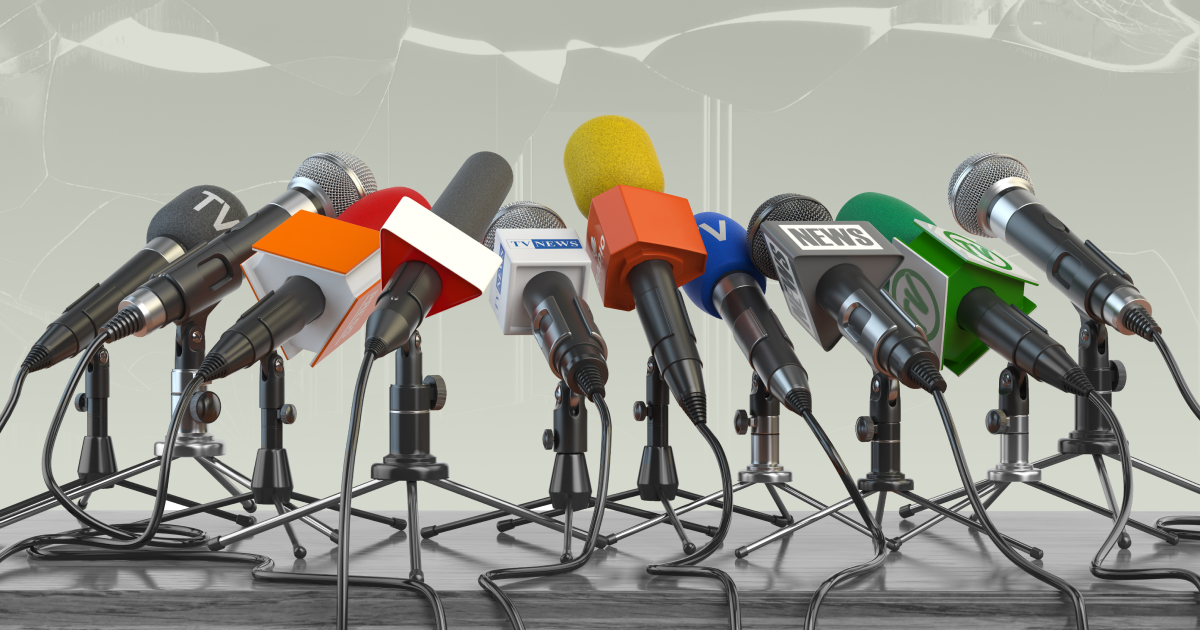What is happening to oligarchs in Ukraine?

On February 24, during a press conference, Volodymyr Zelenskyy said that "he, as president, destroyed the oligarchs", and in early April, Bloomberg published an article with the headline "Ukraine has destroyed its oligarchs". However, the "anti-oligarchic" law has not yet been implemented.
Are there no more oligarchs in Ukraine? What could Zelenskyy mean? How have the lives, fortunes and influence of Ukraine's wealthiest people changed in a year?
Who are the oligarchs?
On November 5, 2021, Volodymyr Zelenskyy signed the Law on Oligarchs.
"If someone is used to buying politicians so that they allow to circumvent the law, then even the richest will have to say goodbye to this practice. There was resistance. There will be even more resistance from those who have earned billions from the state. But there is no other option but to dismantle the oligarchic system," the President's press service quoted him as saying.
According to the law, an oligarch is a person who has significant economic and political weight in public life. To be called an oligarch, a person must meet at least three of the following criteria:
1) participates in political life;
2) has a significant influence on the media;
3) is the ultimate beneficial owner of a natural monopoly entity, holds a dominant position in the market and maintains or strengthens this position;
4) the confirmed value of the assets and business entities of which the person is a beneficiary exceeds 1 million subsistence minimums.
However, even at this stage, there is room for disagreement.
According to the Law, a person has a "significant influence on the media" if they are or were the owner of the media, as well as if they "control the owner (founder)". A person who "participates in political life", has financed the activities of political parties, holds a position in their governing bodies, is a high-ranking official, or is a "close" person to them. The law does not explain how "closeness" to officials and "control" of media outlets will be defined.
Let's take the example of Rinat Akhmetov. In July, Akhmetov withdrew from the media business to avoid being subject to the Law on Oligarchs. His business partner, co-owner of Metinvest, Vadym Novynskyi, resigned his parliamentary mandate, which excludes Akhmetov's direct involvement in political life.
However, political analyst Mykola Davydiuk notes in his commentary to Svidomi that
even if one of the three required criteria is knocked out, it does not mean the person has ceased to be an oligarch.
"Someone had a TV channel. The TV channel disappeared, but several YouTube channels appeared. In terms of coverage, the audience is the same. It's the same with other criteria: someone has resigned their mandate, but they still have an influence on the church or other deputies," Davydiuk comments.
Register of oligarchs
The decision to recognise someone as an oligarch is up to the National Security and Defence Council (NSDC). The oligarchs would have to be entered into a special register. On June 29, 2022, Zelenskyy enacted the decision to create it. The National Security and Defence Council is responsible for forming and maintaining the Register.
Persons included in the Register are prohibited from sponsoring political parties, financing any political campaigning, holding rallies or demonstrations with political slogans, and being a buyer or beneficiary of a buyer for the privatisation of objects whose assets exceed UAH 250 million.
Oligarchs must also file declarations, and public officials must report contacts with persons listed in the Register.
Under the current version of the law, the National Security and Defence Council, chaired by the President, determines who is an "oligarch" and who is not. As a result, it creates risks of abuse against political opponents. It is also difficult to imagine that officials will report all their contacts with the persons listed in the Register.
When will the law come into force?
It may not work in its current form. One of the requirements for Ukraine's accession to the EU is the adoption of an anti-oligarchic law that meets the recommendations of the Venice Commission — the Commission is currently analysing the Law.

On February 23, 2023, the Cabinet of Ministers issued a decree to amend the Law on Oligarchs. The Register was due in April 2022, but now the procedure for forming and maintaining the Register must be adopted "three months after the publication of the Venice Commission's opinion". In addition to the NSDC, the Ministry of Justice was added to the list of responsible executors.
In early March 2023, Minister of Justice Denys Maliuska said during a teleconference that it was currently impossible to implement the law due to the lack of conclusions from the Venice Commission.
"Ukraine is fully prepared to implement the Law right now. The law is ready, the register is ready, the bylaws have been adopted, and the methodology for determining who is included in the register is also ready. The only barrier is the requirements of the European Commission: to wait and see what the Venice Commission will say after analysing our law," the minister said.
Maliuska stressed that Ukraine expected to receive the commission's conclusion soon: "We are talking about weeks, a month, maybe even days... But, certainly, it will not last for six months or a year."
However, a week later, on March 10, 2023, Deputy Prime Minister for European and Euro-Atlantic Integration Olha Stefanishyna told Yevropeiska Pravda that the Venice Commission had decided to postpone the adoption of the opinion until June this year.
"So far, there is no published opinion of the Venice Commission on the anti-oligarchic law. Information in the media shows that the Venice Commission has unofficially provided its conclusions on this law to our government. However, there has been no reaction from the authorities: The law has not been amended and has not been applied in practice yet," Natalia Sichevliuk, legal advisor at Transparency International Ukraine, comments to Svidomi.
The organisation notes that the fight against the influence of oligarchs is not limited to the implementation of this law — moreover, it has several shortcomings. Therefore, establishing the work of anti-corruption institutions, the judiciary, and the Antimonopoly Committee is more appropriate.
"Ukraine has enough institutions designed to protect the political and economic development of the state from the influence of oligarchs. The problem is that they do not work effectively in this direction," says Transparency International Ukraine.
How has the wealth and influence of oligarchs changed during the full-scale war?
"The oligarchs have remained influential; they have just gone from 'big oligarchs' to 'small oligarchs'. So far, we do not see any real de-oligarchisation, but at least we see their weakening due to the war.»
The war has weakened the oligarchs more than the law itself.
says Mykola Davydiuk.
In an interview with the German Focus, Prime Minister Denys Shmyhal says that oligarchic influence has decreased since the start of the full-scale war in Ukraine.
"Some of the oligarchs have left the country, and some have lost their influence in the media. Almost none of them have any political influence anymore. Many of them were forced to shut down their businesses in eastern Ukraine — their enterprises were occupied or destroyed," Shmyhal says.
All oligarchs lost some of their assets after February 24, 2022. According to Forbes estimates, the top ten richest Ukrainians alone lost USD 16.4 billion in wealth last year. In particular, the publication estimated that Ihor Kolomoiskyi's wealth dropped from USD 1.9 billion to USD 850 million and Hennadii Boholiubov's from USD 2 billion to USD 1 billion.
Rinat Akhmetov lost the most: the wealth of the richest Ukrainian dropped from USD 13.7 billion to USD 4.4 billion. In addition, the hostilities destroyed several businesses. Among them are the two main plants of Rinat Akhmetov and Vadim Novynskyi's Metinvest, Azovstal and the Ilyich Iron and Steel Works of Mariupol. The Russians are also constantly shelling DTEK power plants owned by Akhmetov.

Some of the oligarchs' assets were transferred to the state. In particular, in November 2022, the National Securities and Stock Market Commission alienated the assets of five companies: PJSC Ukrnafta, PJSC Ukrtatnafta (Ihor Kolomoiskyi and Hennadii Boholiubov), JSC Motor Sich (Viacheslav Bohuslaev), PJSC AvtoKrAZ (Kostiantyn Zhevaho), and PJSC Zaporizhtransformator (Kostiantyn Hryhoryshyn). The goal is to "meet the urgent needs of the defence sector," Zelenskyy wrote.
Recently, security services have reported searches of oligarchs and their related companies. For example, in early February, the Security Service and the Bureau of Economic Security visited Ihor Kolomoiskyi's office in the case of the misappropriation of UAH 40 billion from Ukrnafta and Ukrtatnafta.
On March 17, searches were conducted at the Regional Gas Company (RGC) facilities, linked to Dmytro Firtash, a pro-Russian oligarch who lost an extradition case to the United States in Austria in 2022 and is facing criminal proceedings on suspicion of corruption.
However, the investigative actions have yet to bring any visible results.
Transparency International notes that:
apart from the fact that some oligarchs left Ukraine with the outbreak of a full-scale war, it is too early to talk about other changes in the situation with influence on politics. In addition, the "anti-oligarchic" law has not yet been implemented.
So who did Zelenskyy destroy?
Given the circumstances described above, it is difficult to understand what exactly the President meant. However, one can assume his answer referred not so much to the law as to other government decisions that could reduce the influence of oligarchs on the country's political life.

"I think this is rather a beautiful phrase. When we win the war, we will still return to the point where some oligarchs will try to bring politics, channels and resources back in their direction».
So there are still a lot of risks that the oligarchy may return with the same or even greater influence than it had before, the political scientist concludes.


